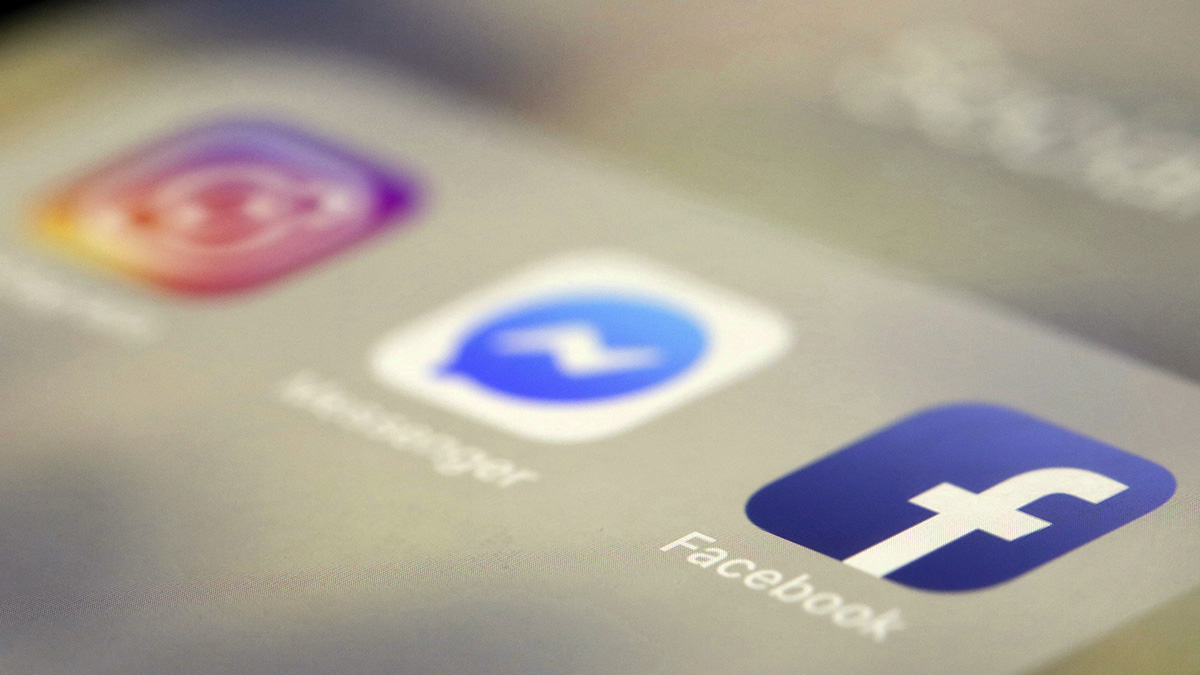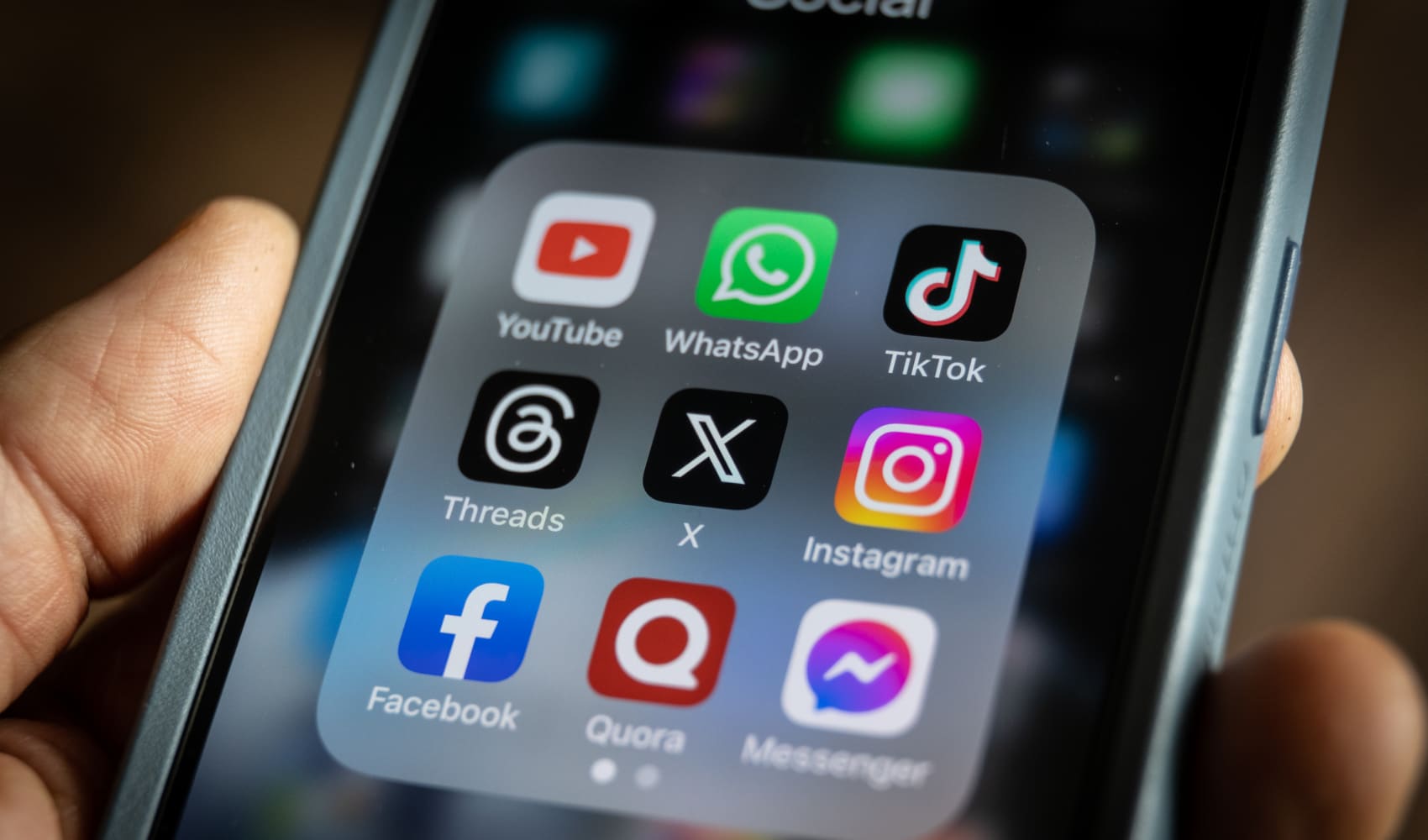A top psychology group is urging technology companies and legislators to take greater steps to protect adolescents’ mental health, arguing that social media platforms are built for adults and are “not inherently suitable for youth.”
Social media features such as endless scrolling and push notifications are “particularly risky” to young people, whose developing brains are less able to disengage from addictive experiences and are more sensitive to distractions, the American Psychological Association wrote in a report released Tuesday.
But age restrictions on social media platforms alone don’t fully address the dangers, especially since many kids easily find workarounds to such limits. Instead, social media companies need to make fundamental design changes, the group said in its report.
“The platforms seem to be designed to keep kids engaged for as long as possible, to keep them on there. And kids are just not able to resist those impulses as effectively as adults,” APA chief science officer Mitch Prinstein said in a phone interview. He added that more than half of teens report at least one symptom of clinical dependency on social media.
Get Tri-state area news delivered to your inbox.> Sign up for NBC New York's News Headlines newsletter.
“The fact that this is interfering with their in-person interactions, their time when they should be doing schoolwork, and — most importantly — their sleep has really important implications,” Prinstein said.
The report did not offer specific changes that social media companies can implement. Prinstein suggested one option could be to change the default experience of social media accounts for children, with functions such as endless scrolling or alerts shut off.
The report comes nearly a year after the APA issued a landmark health advisory on social media use in adolescence, which acknowledged that social media can be beneficial when it connects young people with peers who experience similar types of adversity offline. The advisory urged social media platforms to minimize adolescents’ online exposure to cyberbullying and cyberhate, among other recommendations.
But technology companies have made “few meaningful changes” since the advisory was released last May, the APA report said, and no federal policies have been adopted.
The report did not name any specific social media platforms. But a spokesperson for Meta, the parent company of Facebook, Instagram and WhatsApp, disputed the assertion that there have not been changes instituted on its platforms recently. In the last year, Meta has begun showing teens a notification when they spend 20 minutes on Facebook and has added parental supervision tools that allow parents to schedule breaks from Facebook for their teens, according to a list of Meta resources for parents and teenagers. Meta also began hiding more results in Instagram’s search tool related to suicide, self-harm and eating disorders, and launched nighttime “nudges” that encourage teens to close the app when it’s late.
Prinstein said more is still needed.
"Although some platforms have experimented with modest changes, it is not enough to ensure children are safe," he said.
TikTok and X, formerly known as Twitter, did not immediately respond to a request for comment. A spokesperson for Snap Inc., which owns messaging app Snapchat, said it appreciated the APA’s recommendations and shares "their concerns about many of the key features of traditional social media."
"Snapchat was intentionally designed differently than other platforms and most people use it to communicate with their close friends and family," the spokesperson said in a statement, "That’s why Snapchat doesn’t offer public comparison metrics when you talk with your friends and our content platform is moderated, which means we don’t allow unvetted content to reach lots of people."
Tuesday’s report comes amid broader concern over the effects of social media on young people. In March, Florida passed a law prohibiting children younger than 14 from having social media accounts and requiring parental consent for those ages 14 and 15. California lawmakers have introduced a bill to protect minors from social media addiction. Dozens of states have sued Meta for what they say are deceptive features that harm children’s and teens’ mental health.
And last month, a book was published by social psychologist Jonathan Haidt that argues that smartphones and social media have created a “phone-based childhood,” sending adolescents’ rates of anxiety, depression and self-harm skyrocketing.
The book, “The Anxious Generation: How the Great Rewiring of Childhood Is Causing an Epidemic of Mental Illness,” has been hotly debated. While it has its detractors, it instantly became a bestseller.
Prinstein said that it’s up to technology companies to protect their youngest users, but parents can also help. He recommended all devices in a family’s household go on top of the refrigerator at 9 p.m. each night to help kids — and parents — get the amount of sleep they need. He also said there is no harm in limiting or postponing a child’s use of social media.
“We have no data to suggest that kids suffer negative consequences if they delay social media use, or if their parents set it for half an hour a day, or an hour a day,” he said.
“If anything, kids tell us, anecdotally, that they like to be able to blame it on their parents and say, ‘Sorry, my parents won’t let me stay on for more than an hour, so I have to get off,’” he added. “It kind of gives them a relief.”
This story first appeared on NBCNews.com. More from NBC News:



